 Past Projects
Past Projects
2019–2020
Evaluation of the Lord Mayor's Charitable Foundation (LMCF) Hotspots Initiative: place-based cross-sector collaborations.
 Past Projects
Past Projects
2019–2020
The purpose of the project was to inform local governments on their legal roles and responsibilities under Victorian legislation for climate change adaptation.
 Past Projects
Past Projects
2020
Scenario use and principles for embedding climate change into decision-making.
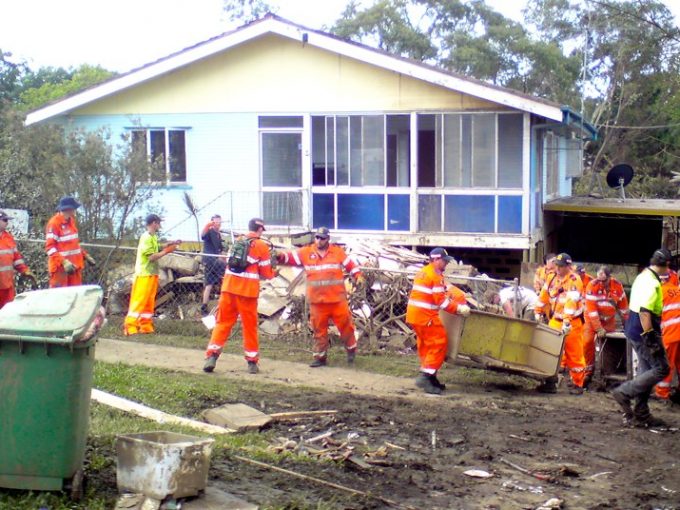 Past Projects
Past Projects
2017–2020
This co-designed project is a collaboration with the University of Western Australia and key emergency management organisations for the Bushfire and Natural Hazards Cooperative Research Centre.
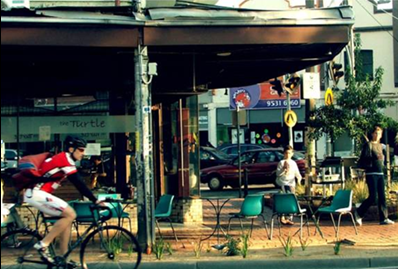 Past Projects
Past Projects
2017–2020
The Centre of Research Excellence in Healthy, Liveable and Equitable Communities investigates cost-effective built environment interventions to create healthy, liveable and equitable communities in Australia
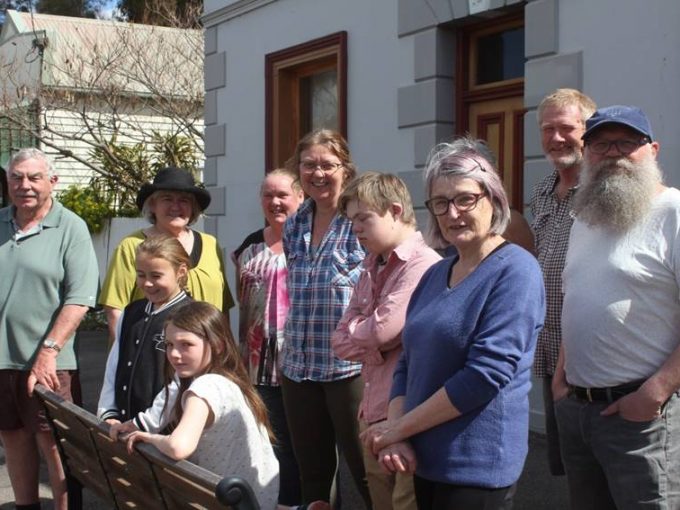 Past Projects
Past Projects
2018–2020
This project aims to develop a Resilience Action Plan with and for the Tarnagulla community.
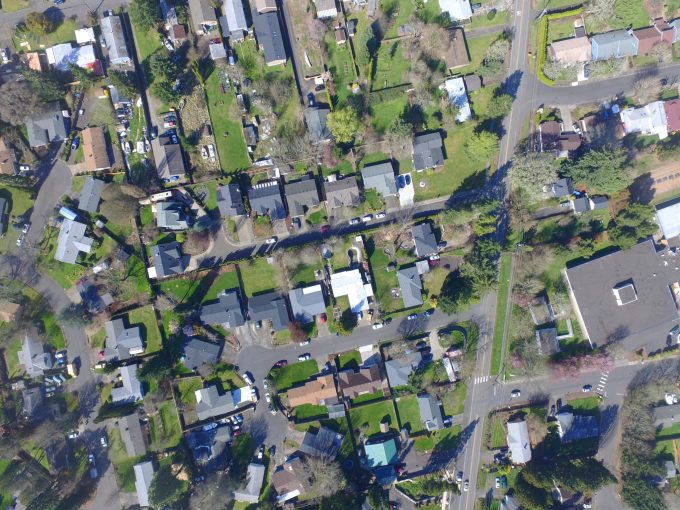 Past Projects
Past Projects
2020
Climate Resilient Service Delivery aims to explore the use of scenarios planning as a tool for climate change adaptation decision making, with a particular emphasis on the local provision of community services to heat vulnerable populations.
 Past Projects
Past Projects
2019–2020
This project investigates drivers and processes of change within Australian metropolitan transport systems to identify future options and directions for policy development.
 Past Projects
Past Projects
2017–2020
Policy@RMIT (P@R) aims to study and enable collaborations between researchers and policy practitioners in co-producing research that supports evidence-informed policy in addressing major policy and societal issues.
 Past Projects
Past Projects
2018–2020
We are working with RMIT scientists and engineers to help water utilities, the Environment Protection Authority and the Victorian Government reduce climate change risks and produce new resources.
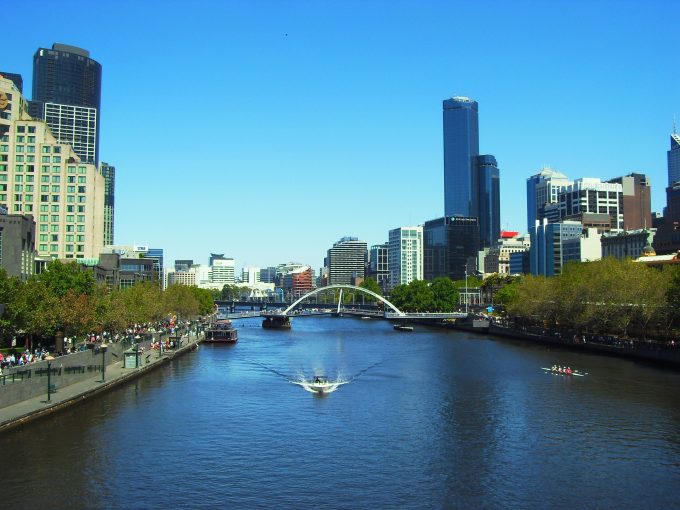 Past Projects
Past Projects
2018–2019
The Victorian Government Climate Change Act 2017 has identified seven sectors (or ‘systems’) that are impacted by or have an important influence on the State’s capacity to adapt to climate change.
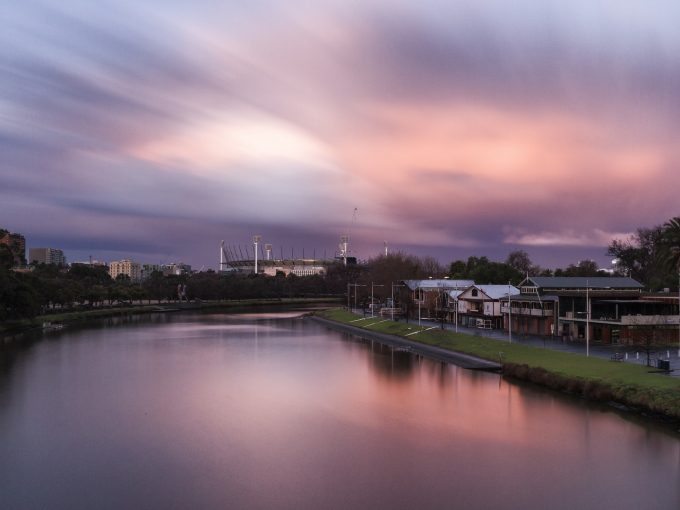 Past Projects
Past Projects
2018–2019
The Victorian Department of Environment, Land, Water and Planning (DELWP) sought independent expert advice to co-design a long-term state-wide strategic framework to support Victoria’s regions to adapt to climate change.
 Past Projects
Past Projects
2017–2019
The project investigates the framings and practices of local governments, community groups and NGOs as they seek to create local adaptation strategies.
 Past Projects
Past Projects
2017–2019
We conducted an intensive analysis of over 3000 news media reports, complemented by interviews with key stakeholders from the environmental movement, to explore representations of the Adani controversy
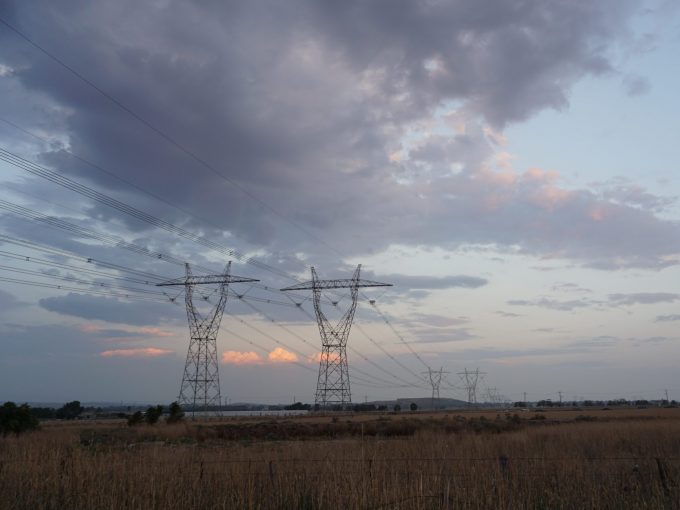 Past Projects
Past Projects
2018–2019
Qualitative household and industry research focusing on demand management and new energy technologies to inform the design and delivery of Australia’s ‘Future Grid’.
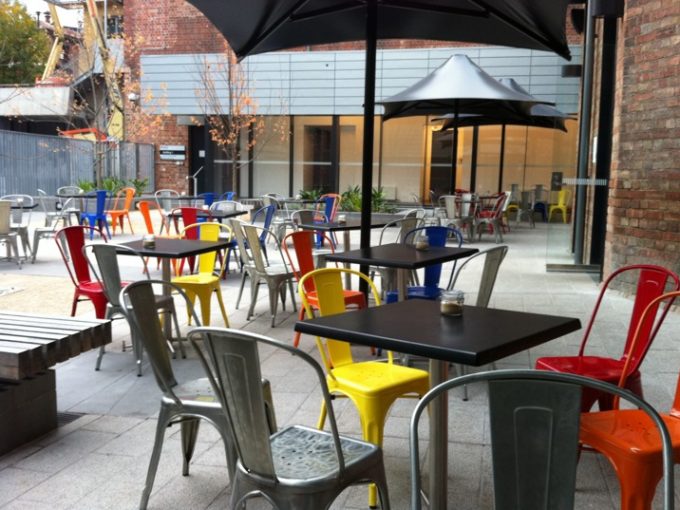 Past Projects
Past Projects
2016–2019
As large scale participants in food provisioning and consumption practices, academic institutions like universities have a crucial part to play in food sustainability transitions
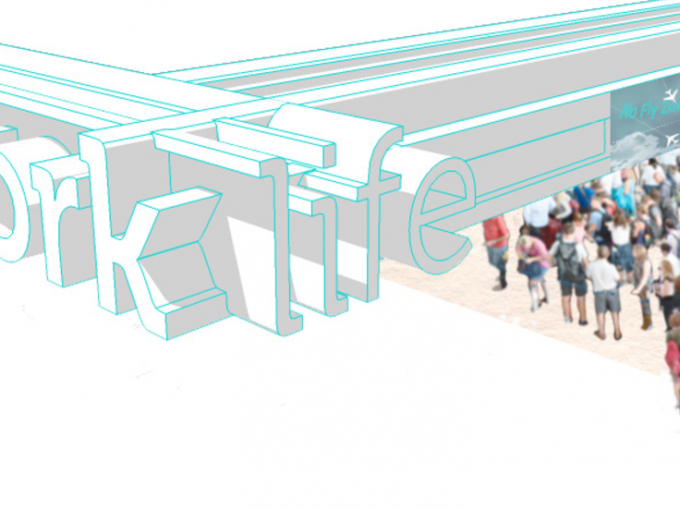 Past Projects
Past Projects
2017–2019
The Work / Life Ecologies Project aims to understand staff and students’ broader lifestyles as part of a work-life ecology, occurring across a range of spaces, both physical and virtual.
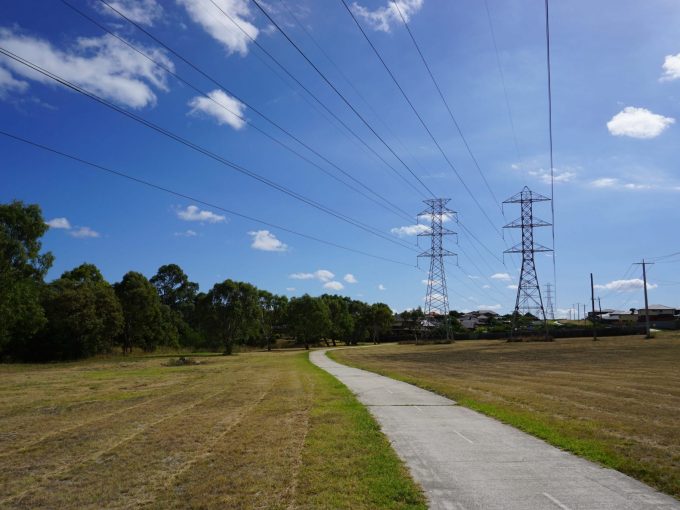 Past Projects
Past Projects
2018–2019
Ethnographic household research to inform future electricity pricing strategies an infrastructure planning in Victoria.
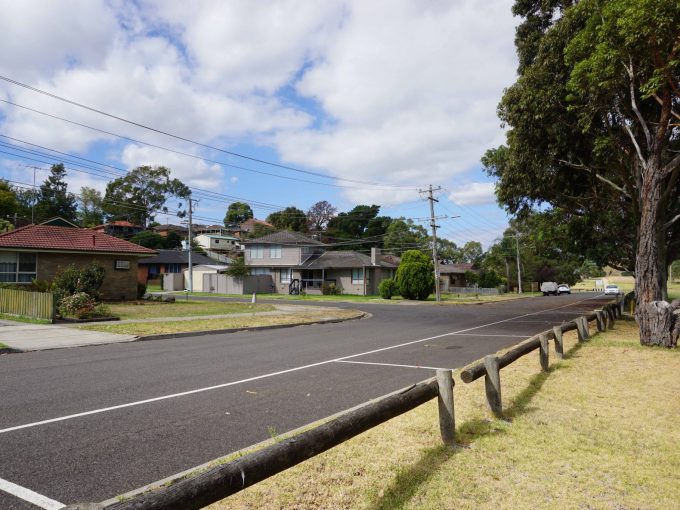 Past Projects
Past Projects
2018–2019
Understanding prevalence and demography of long-term energy hardship via analysis of the Household, Income and Labour Dynamics longitudinal dataset.
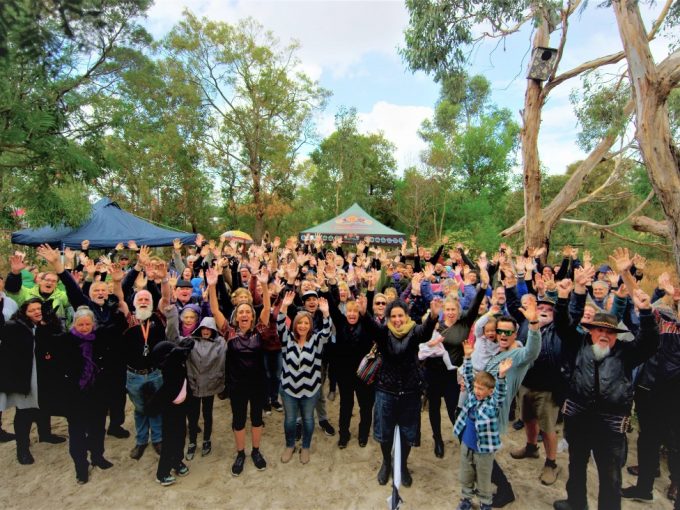 Past Projects
Past Projects
2018–2019
The Willum Warrain Aboriginal Gathering Place offers a space, in Hastings, south-east of Melbourne, where Aboriginal and Torres Strait Islander people can come together to explore their goals, ideas and identity.
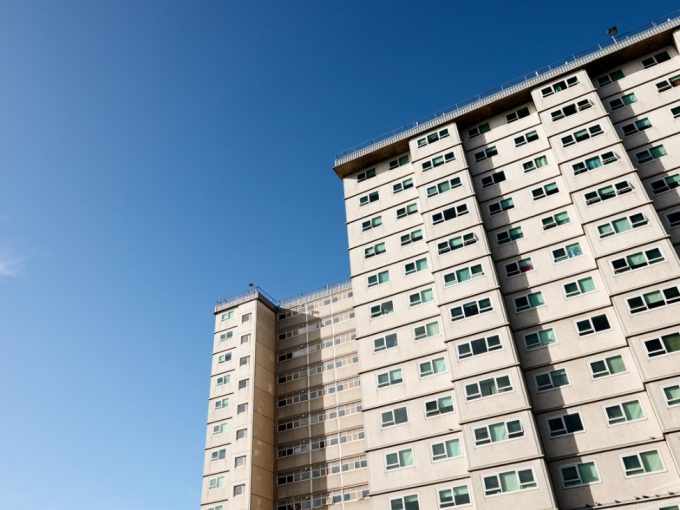 Past Projects
Past Projects
2018–2019
This research project aimed to evaluate the claims of the PHRP and its underlying model in order to establish an accurate evidence base and assess the anticipated impact of the model on public housing residents in Melbourne.
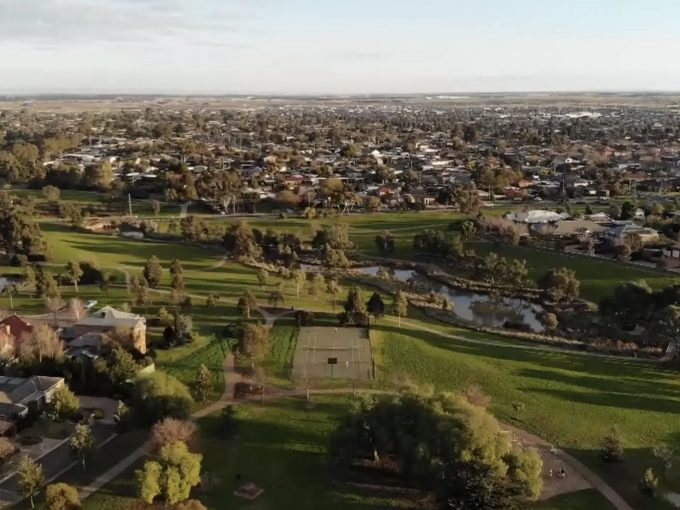 Past Projects
Past Projects
2019
“Living Liveable”, is a short documentary film showcasing the lived experiences of residents in the outer suburbs of Melbourne.
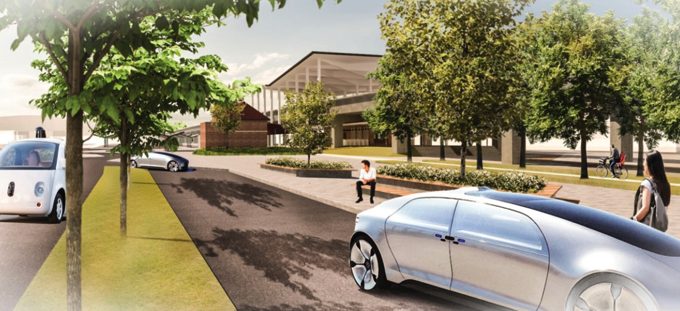 Past Projects
Past Projects
2017–2018
Assessing the spatial implications of Autonomous Vehicles as feeders to railway stations in suburban Melbourne
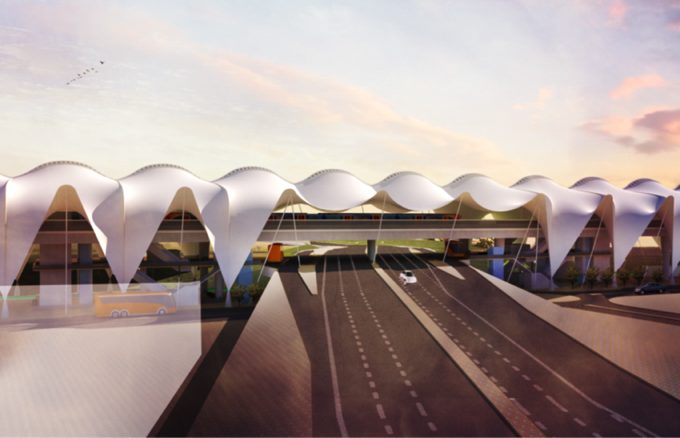 Past Projects
Past Projects
2017–2018
What’s best for the west? Plan Melbourne 2017-2050 and alternative transport futures for Melbourne’s western suburbs.